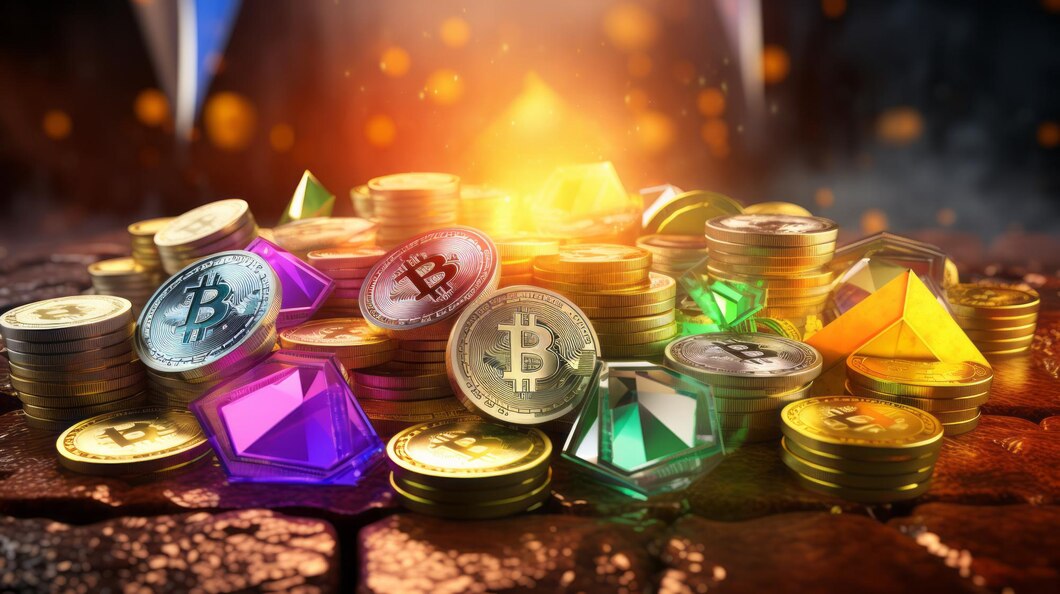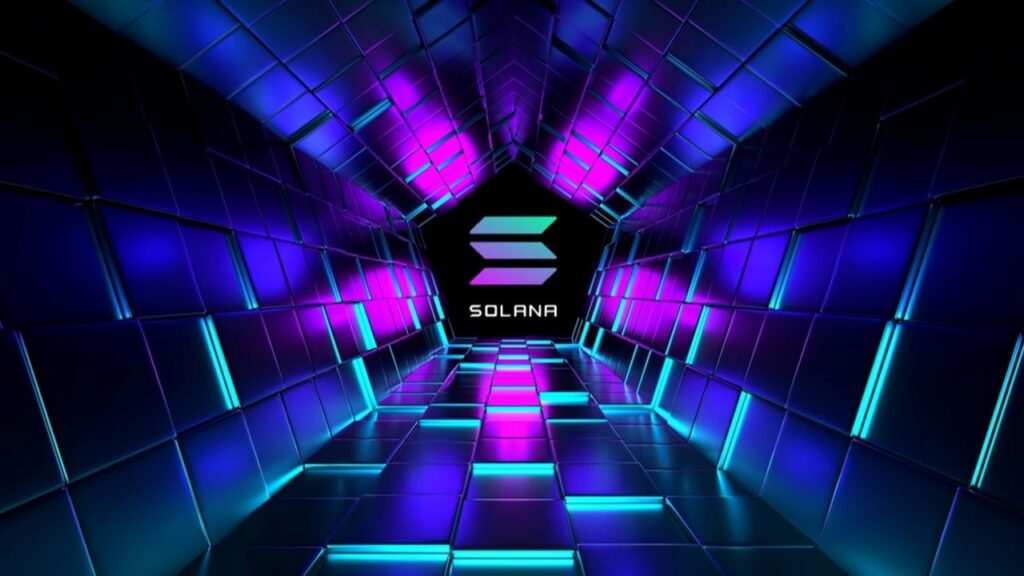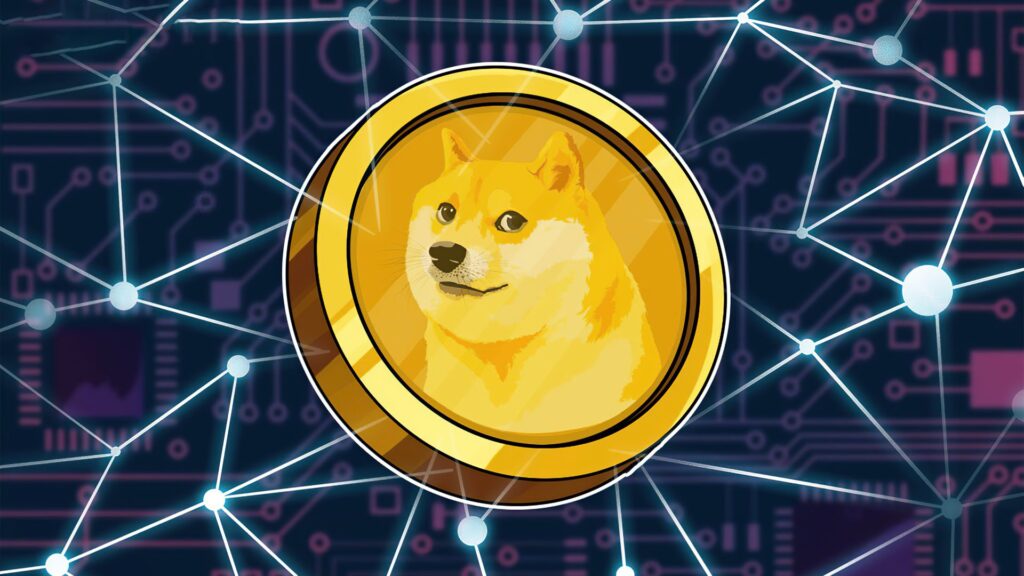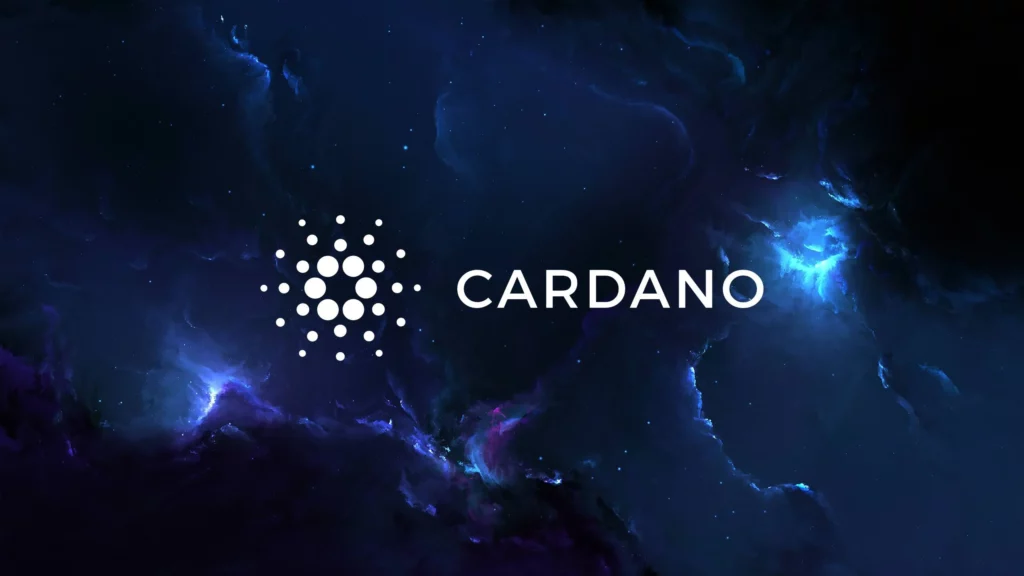
Since its launch in January 2009, Bitcoin has paved the way for countless crypto assets. This comes as no surprise, given how Satoshi Nakamoto’s creation revolutionized traditional finance, particularly after the 2008 Real Estate Crisis exposed the flaws in the global economy. Bitcoin emerged as a beacon, proving there was a different way to operate—one free from the endless growth of intermediaries and regulations. The idea of decentralization quickly resonated with investors and entrepreneurs alike. Now, more than 15 years later, the crypto industry offers a job market that anyone can join—and no, you don’t have to be a developer to be part of it.
We’ve talked a lot about Bitcoin and Ethereum—and for good reason. Bitcoin laid the foundation for the entire crypto space, while Ethereum brought us essential tools like smart contracts, decentralized apps (dApps), and the ERC-20 and ERC-721 standards. Lately, we’ve also published plenty of posts on crypto adoption, especially in Latin America and Southeast Asia. But today, we’re going to simplify things and get back to basics. We’ll be looking at some altcoins that have carved out a significant market share. What makes each one unique? Who created them? We’ll dive into that and more below.
SOLANA (SOL)

Launched in 2017 by Anatoly Yakovenko, a software engineer formerly with Qualcomm and Dropbox, SOLANA is an open-source project designed to solve scalability and high transaction fee problems seen in other blockchains. The network processes over 65,000 transactions per second and employs a hybrid consensus mechanism that combines Proof-of-History (PoH)—developed by Yakovenko—with Proof-of-Stake (PoS). This setup enables SOLANA to offer very low transaction costs, making it especially attractive for decentralized finance (DeFi) and blockchain-based games.
SOLANA is a top choice for optimizing smart contracts and developing DApps. Its native token, SOL, is priced at $159.83 per coin on CoinMarketCap as of this writing. It currently ranks 5th by market cap.
Dogecoin (DOGE)

Created by Billy Markus from Portland, Oregon, and Jackson Palmer from Sydney, Australia, Dogecoin started as a joke inspired by a Shiba Inu meme. It uses the Scrypt algorithm, the same one used by Litecoin. Unlike many cryptocurrencies, Dogecoin has an unlimited supply of coins—unlike Bitcoin, which is capped at 21 million units—and is known for its fast transactions and low fees. Despite its growing popularity, some critics feel it hasn’t evolved as much as other cryptocurrencies.
Dogecoin (DOGE) is priced at $0.107 per coin on CoinMarketCap and is the eighth-largest crypto by market cap.
Cardano (ADA)

Cardano was founded by Charles Hoskinson, a mathematician and one of Ethereum’s co-founders. After leaving Ethereum, Hoskinson focused on building Cardano to create a blockchain platform grounded in academic and scientific research. A key feature of Cardano is its Ouroboros Proof of Stake (PoS) algorithm, known for its energy efficiency. The platform operates on two layers: the Settlement Layer, which manages transaction validation and block creation, and the Computation Layer, which executes smart contracts using Plutus, a programming language specifically designed for this purpose.
As of CoinMarketCap, ADA, the native token of the Cardano platform, is valued at $0.3713 per unit, making it the 11th largest cryptocurrency by market cap.
Polkadot (DOT)

Created by Gavin Wood, the former CTO of Ethereum, and his company Parity Technologies, this ecosystem is designed as a multi-chain platform. It connects various independent blockchains, known as parachains.
The network’s core is the Relay Chain, which ensures everything runs smoothly and validates transactions. Parachains connect to the Relay Chain, leveraging its security and consensus while each maintains its unique functions and features.
By supporting multiple parachains running at once, Polkadot handles a high volume of transactions without overloading any single blockchain.
“Web3 is all about cutting out gatekeepers and putting people in control of the tech that shapes our world. Decentralization isn’t just about spreading nodes around—it’s about making sure there’s no single point of failure. With blockchain outages, hard forks, and crypto exchange bankruptcies making headlines, centralized decision-making is clearly a risk. That’s why, on Polkadot, the community of DOT token holders makes all the decisions. And there’s always room for one more”.
–Extracted from Polkadot’s official website.
The platform’s native DOT token is currently valued at $4.64, ranking it as the 16th largest cryptocurrency by market cap.
Subscribe to the Purse.io Newsletter to stay updated with our weekly insights on blockchain, e-commerce, and cryptocurrencies. Don’t forget to follow us on X for the latest on Hamza, the first Web3 marketplace powered by the Loadpipe protocol and the LOAD token. This solution is designed to enhance e-commerce with low gas fees, trading freedom, and a wide range of cryptocurrencies.
We’re excited to introduce the Hamza.biz Ambassador Program—a great chance to see how Web3 is changing e-commerce. As an ambassador, you’ll get exclusive access to our private Discord channel, where you can share your ideas and earn gifts and bonuses. Click here to learn more.
- altcoins (8)
- ambassador program (8)
- anatoly yakovenko (1)
- billy markus (1)
- bitcoin (62)
- Blockchain (92)
- blockchain games (2)
- cardano (4)
- charles hoskinson (1)
- crypto adoption (25)
- crypto assets (5)
- dapps (6)
- decentralization (22)
- defi (10)
- developer (1)
- Dogecoin (5)
- e-commerce (56)
- erc-20 (2)
- erc-721 (3)
- ethereum (43)
- gavin wood (2)
- hamza (13)
- jackson palmer (1)
- job market (2)
- Litecoin (4)
- LOAD token (30)
- loadpipe protocol (26)
- ouroboros (1)
- parachains (1)
- plutus (1)
- polkadot (2)
- proof-of-history (1)
- proof-of-stake (1)
- purse.io (27)
- real estate crisis (1)
- relay chain (1)
- satoshi nakamoto (3)
- scrypt algorithm (1)
- shiba inu (3)
- smart contracts (10)
- solana (7)
- traditional finance (1)
- Web3 (62)